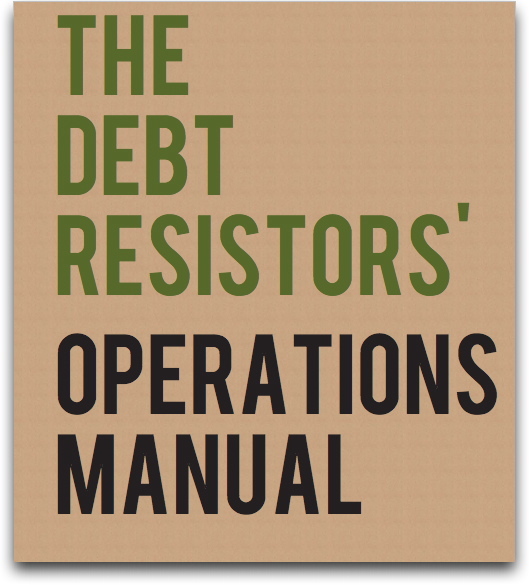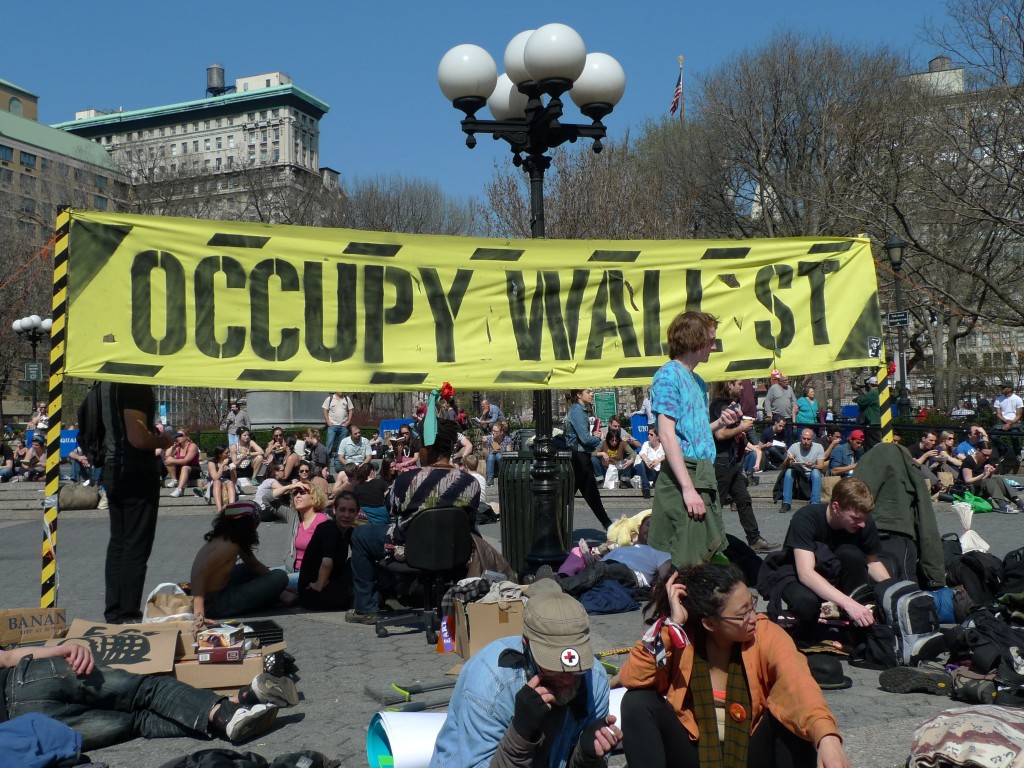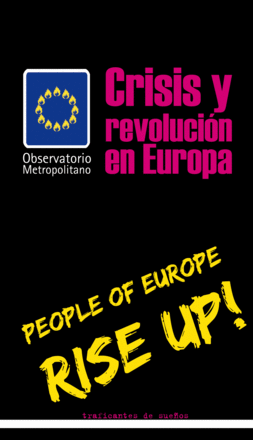In order to talk about militant research, as I have been doing, it’s necessary to sometimes do some actual research. Like most people my normal problem with this is finding time to do any. Having this research leave, I’ve also found that research in the era of the digital library is not as simple as we are often told.
Supposedly, search engines and other tools make it easy to find whatever you need. It’s true, for example, that when I was asked yesterday whether there was a secondary debt market in the UK, it only took a little Googling to get an answer. But that was about as far as I could go. Given that I could already guess that there must be such a market, arguably I’d made no progress at all.
This is the point that you need to hit the books. And that’s harder than it used to be, ironically. The British Library, long my exemplar of a research library, has been opened to a much wider range of readers, including undergraduate students. The result is a much greater demand on the resources. Consequently, many books have been shipped out to the North of England and are available at what they call “two plus” days notice. It turns out that this means at least two (business) days but potentially more if that’s what happens, which, in my admittedly limited recent experience, it always seems to do. Or at the Natural History Museum Library, all materials must be ordered at least 24 hours in advance, so if you want to pursue a lead, it has to be at that time distance.
So what? For me, it’s not a disaster, it just means that I get less done in the time I have to do research. But for the young researchers I have been talking to here and elsewhere, time is of the essence. Funding is limited and departments pressure doctoral students to finish their dissertations within tight time frames. Of course, they are likely to also be teaching in that time.
So completing a research project, whether you are under intense time pressure or not, has become far harder than it used to be. And so you have odd situations, such as the national discussion on the Levenson report in the UK, which is 2000 pages long. It was released yesterday and no one can possibly have read it yet. But the national parties all have positions and are busy fighting each other over it.
Radical demands since the early nineteenth century centered around shortening the working day. In the 1960s, it was common to speculate that a four-hour working day would become standard because machines would do all the work. Instead, our digital machines have demanded far more work from us at all hours of the day and night.
I think we need to start calling for an eight-hour digital day. By this I mean that we should only have online and email access eight hours a day, except in cases of emergency. It’s been shown that keeping Google/FB and everything else “always on” consumes enormous amounts of electricity, as well as generating extra emissions from the back-up generators that are run just in case. With the machines off, we could make a real contribution to reducing emissions and we could reclaim time for ourselves to live a life, not a loan.





